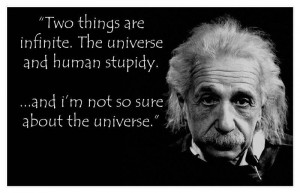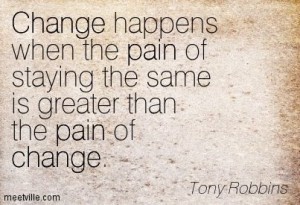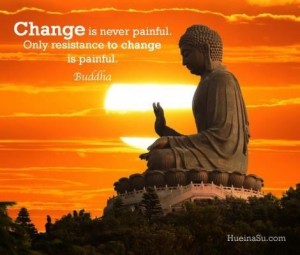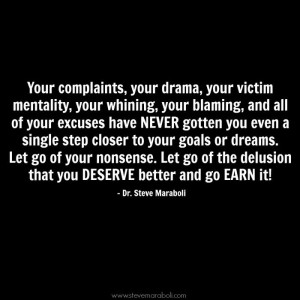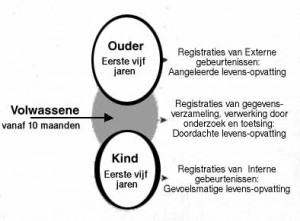You need not be a victim,nl!
Onderzocht is dat de meeste mensen 95% van hun tijd aan drama besteden en 5% in essence, drama drama queens and kings and so we are unconscious victims of the rubbish we get in and who thus opens again.
Inspired by an article in English by Melody Beattie, I suppose you are a victim or victim feel very often an illusion and not your reality, it is a lie that you tell yourself, it's stupidity where Einstein also talks about
Your self-image may consist of a feeling of not being able to life, do not have in hand and thus to be the victim of. Feelings of hopelessness and helplessness our subconscious programming, that causes your mind to victimization become a self-fulfilling prophecy. Your thoughts are clear and creative forces materialize
It can be such a habit to feel your victim even if you good things happen to you negative reaction, bijvoorbeeld:
-A new car and you say that he was too expensive and requires a lot of maintenance and consume a lot of gasoline
-You can and should do some shopping and you say that you are the spool that you should do that instead of a lucky and blessed
-A woman had a beautiful, spacious house and complained that it was a lot of work to keep it tidy and clean
-Attention seen as an intrusion in your privacy rather than as a form of love
-Building shelters in high winds, see the tile;
We can all possibilities continue to see the difficulties and stuck in a negative energy
You then need Popeye moment, which is when Popeye has plenty of misery and spinach to its responsibilities and takes action. Whether it has to be worse, then we must first touch the ground to bring about change
We must learn to fix our borders and to monitor, learning to say no to and dare to be angry to reinforce our words
We must learn to be more assertive, the aspects which are all already in our, only hidden from us, often we need a therapist or coach to get it up and make us aware of our true selves, change will be necessary, Darwin also says that:
Claim responsibility for your life and happiness, Claim your power, Speak your needs and fulfill them, know what you want and do not want, no longer accept the unacceptable, let yourself be dominated by one, because that is not love, but an act of violence against you
Do not say you can not do it, because that you program yourself again. Ford zei: "Those who say they can not and they may be saying both equal!’
To feel a victim, many people will overcompensate and may be a 'noble' helper (which depends for its well-being of victims) or a prosecutor who lets define his thoughts and feelings by one who accuses him of what he denounces
Thus, both the prosecutor and the hellper also displace victim for selected. (see my book The Drama Triangle, in which the roles are described in detail).
Get away from the drama triangle and find the love triangle and develop your mastery. The true master is masterful student. I coach you like to mastery and art of living
To step you must be willing to change the victim, Shakespeare gods: "The readiness is all '
We are often afraid of change, the unknown, which alone could make it known to us anxious. The resistance is indeed the most painful and miserable because you thereby maintains the neurosis and rigid, star is then more dead than you are alive, a zombie, living dead
Where can a victim of its:
-narcisten
-cheaters and liars
-scammers
-indoctrination
-conditioning from your childhood
-dictatorial behavior
-backstabbers
-neuroten
-stress
-obsessive-compulsive behavior
-stuck in your head, niet voelen (You have to feel to heal!)
-victims
-neurotic helpers, help-a-holics
-prosecutors
-fundamentalists, fanatics
-bureaucrats
-etc.
summarizing: How do we free ourselves from the victim:
-by becoming aware that we are spiritual beings having a human experience rather than those with a spiritual experience
-that we are created in the image of God and therefore are gods
-by taking responsibility for your life and well-being and happiness
-by being assertive and set limits and monitor
-by giving less attention to drama and more essentials
-letting go of old patterns to make room for healthy new gedachyten and feelings
Bron: Boek Verrijkende Inzichten – Henny Bos, verschijnt juni 2016 bij Uitgeverij Boekenbent (voorintekenprijs is 20 euro in plaats van 25 euro, dus 20% korting!)

